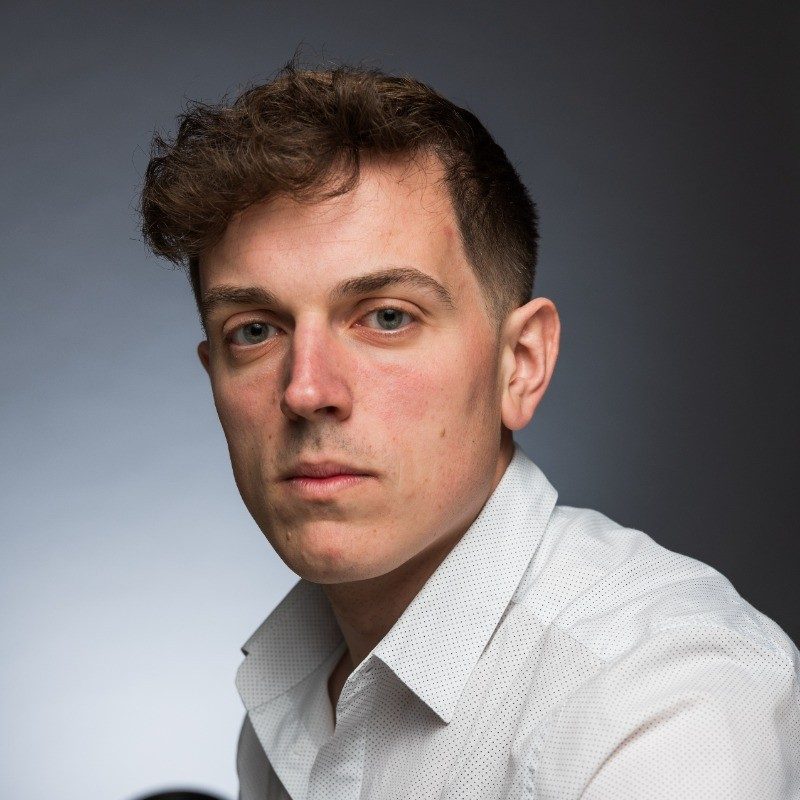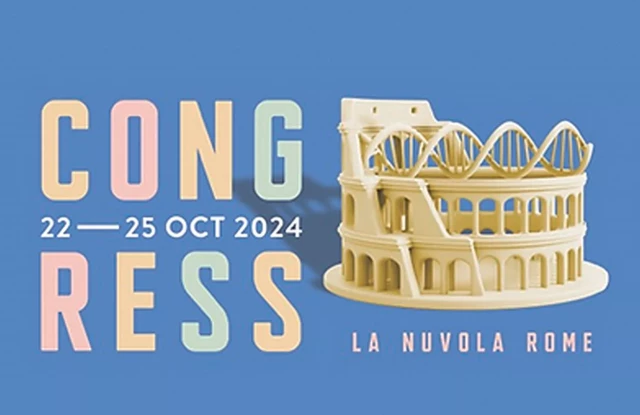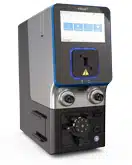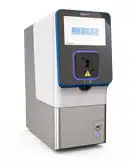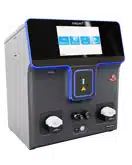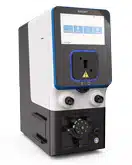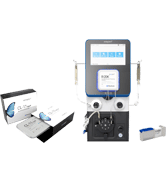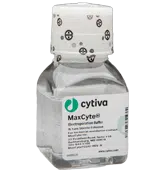MaxCyte is attending the 2024 European Society of Gene and Cell Therapy (ESGCT) Congress! We are thrilled to be part of this prestigious event and will send many US-based scientists from our headquarters to join our European colleagues in Rome, Italy. We will have three poster presentations and a thought-provoking luncheon symposium, all highlighting our cutting-edge research and innovative technologies.
This conference is only accessible by attending in person - there are no virtual or recorded components. Attendees will learn about the latest advancements in cell and gene therapy and get to network with peers and industry leaders.
We hope you can take the time to meet with us in Rome—even just to say "hi" and connect. We look forward to seeing you there!
Featured luncheon presentation
Combining CRISPR and transposon-based technologies for improved CAR-T therapies
Thursday, October 24, 2024, at 2:00 pm in Meeting Room 1
Therapeutic strategies based on CAR-T cells have revolutionized cancer immunotherapy, representing a promising option for several hematological malignancies. Nevertheless, despite the high remission rates after CAR-T cell administration, a significant number of patients still relapse, highlighting the need of improved therapeutic approaches. Of note, most CAR-T therapies tested nowadays rely on genetic T-cell engineering with integrating viral vectors that have several limitations that become, in some cases, insurmountable, such as the risks of malignant transformation and prohibitive costs. Moreover, autologous CAR-T therapies could also present limited efficacy, especially in heavily treated patients. Thus, our work is focused on the combination of state-of-the-art technologies to provide innovative and cost-effective CAR-T cell products.
The TranspoCART project has been conceived to develop a highly innovative CAR-T product by including novel modular multifunctional CAR designs, for enhanced safety and efficacy, as well as revolutionary virus-free gene-transfer strategies using Sleeping Beauty transposon systems. Altogether, these innovations have enabled the development of the TranpoCART19 cell product, a novel fully functional CAR-T cell approach targeting CD19, with increased safety and substantially reduced production costs, that is currently being evaluated in patients with non-Hodgkin lymphoma (NHL). Moreover, combining non-viral vectors and gene editing tools, we have developed HLA-I/TCR knockout CAR-T cells against CD33 for allogeneic CAR-T cell approaches in acute myeloid leukemia (AML). Our optimized protocol allows one-step generation of edited CAR-T cells showing similar phenotypic profiles than non-edited CAR-T cells, with equivalent in vitro and in vivo antitumoral efficacy. Transcriptional and genomics analyses revealed safe integration profiles of Sleeping Beauty transposons, with no preferences for specific genomic regions, and a highly specific editing of the HLA-I and TCR, with no off-targets.
In summary, our results demonstrate that the combination of CRISPR technologies with transposon-based vectors allow the generation of innovative and cost-effective CAR-T therapies compatible with clinical applications, representing a promising option for NHL and AML treatment.
Presenter
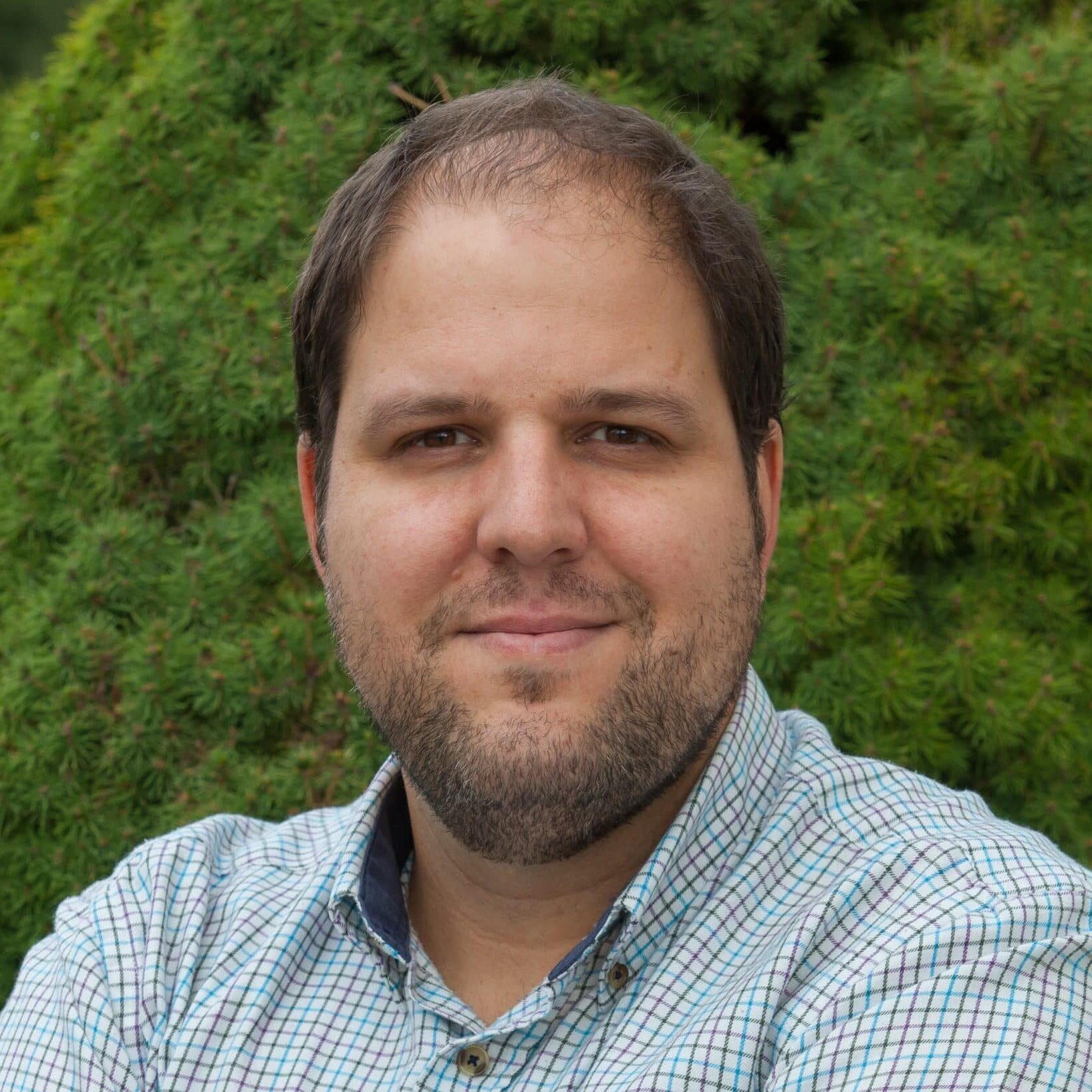
Poster presentations
All three of our posters will be presented at the same time on Thursday, October 24, from 6:00 to 7:30 pm in the Concourse Level 1 and Mezzanine Concourse.
Optimizing CRISPR/Cas-Mediated CD-19 CAR knock-in efficiency, cell viability and cell expansion in human primary T cells using a cGMP-compliant electroporation platform
Poster P0664
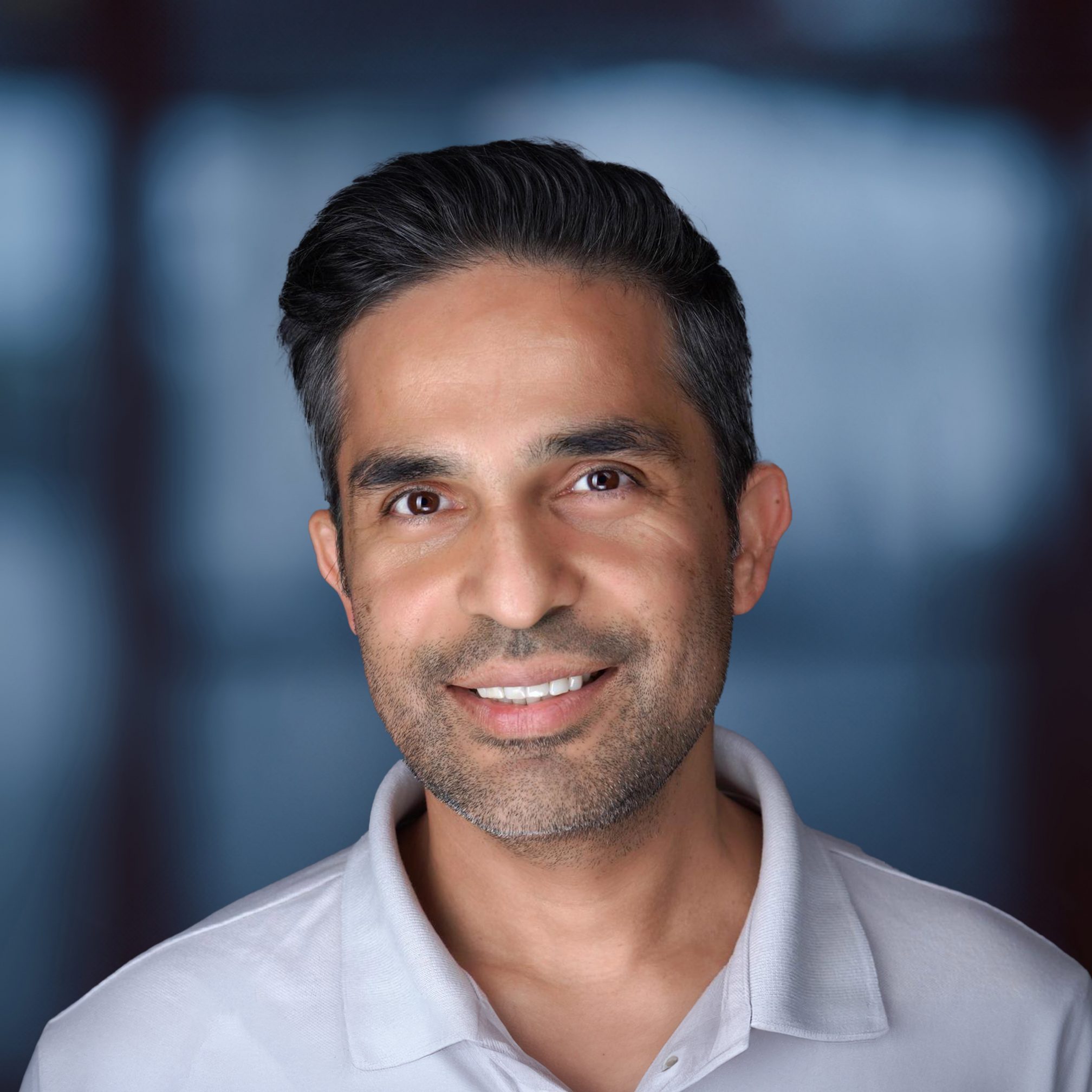
Efficient, scalable manufacturing of virus-like particles for the delivery of gene editor ribonucleoproteins using a cGMP-compliant electroporation platform
Poster PO978

High-efficiency, complex gene editing of hard-to-transfect primary cells using MaxCyte electroporation in combination with Synthego sgRNAs
Poster P0680
